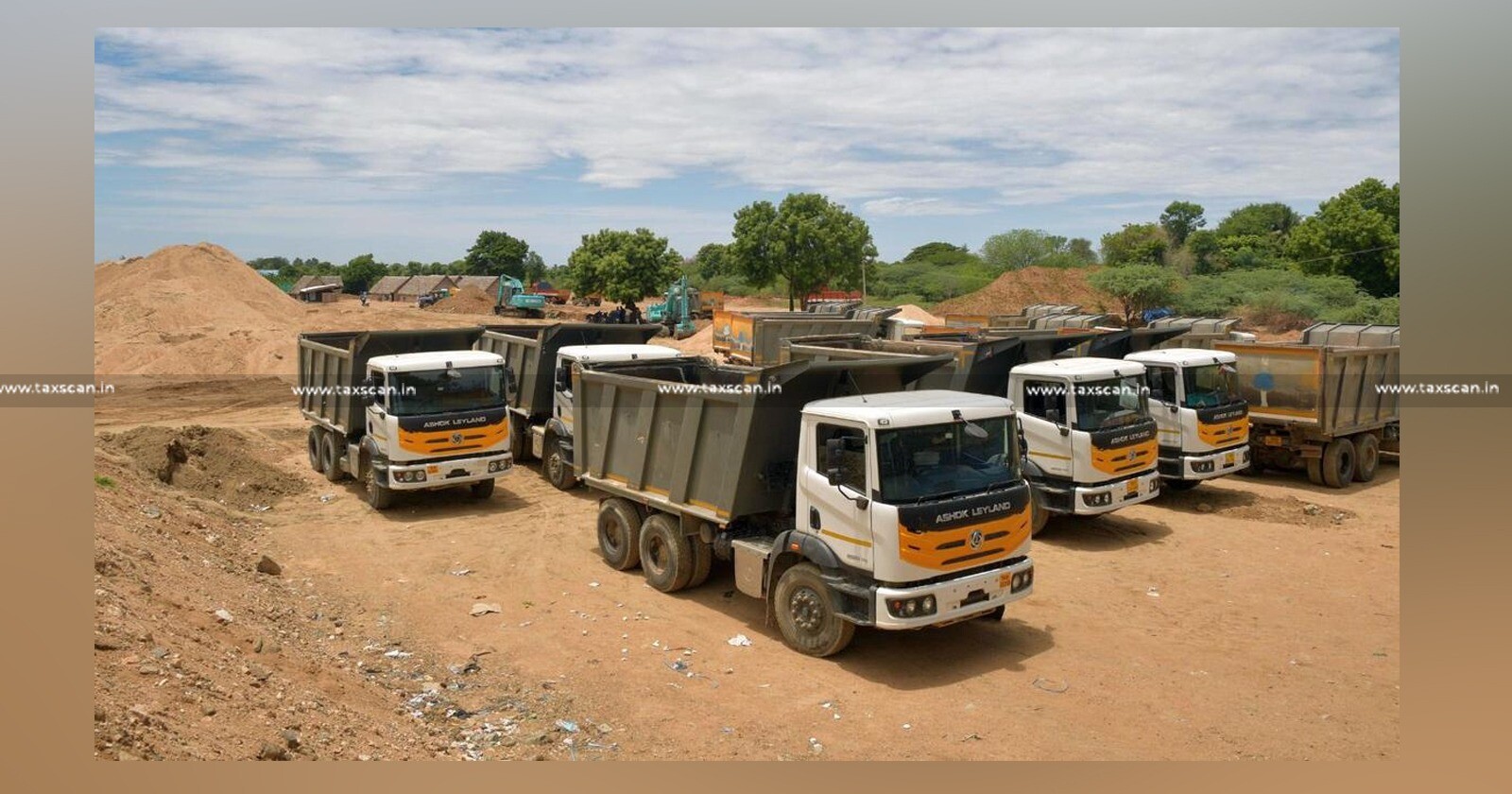Allegation of Sand Mining: Madras HC remarks ED summons to District Collectors a “Fishing Expedition” without Evidence of Crime Proceeds [Read Order]
The Madras High Court examines the enforcement directorate's efforts to uncover potential criminal activity under the schedule, without revealing the proceeds of crime

Sand Mining – ED – Madras HC – Fishing Expedition – taxscan
Sand Mining – ED – Madras HC – Fishing Expedition – taxscan
In a significant case the Madras High court on allegation on sand mining case observed that the Enforcement Directorate (ED) had tried to carry out a "fishing inquiry" into sand mining without proving the presence of profits of crime.
The above writ petitions are filed by the State Government along with the Additional Chief Secretary to Government, Water Resources Department and the District Collectors concerned for quashing a summons issued by Enforcement directorate in connection with the investigation/proceedings under the Prevention of Money Laundering Act, 2002.
The petitioners, who are listed as the third petitioner in each of the writ petitions, have asked for an interim stay of the summons' execution to be applied to the appropriate District Collector of each of the five Districts.
Dushyant Dave Senior Counsel, for petitioners, argued that Under the garb of exercising powers under the PMLA, 2002, the authorities acting under it cannot initiate action in matters wherein they have no jurisdiction.Though impugned summon is without jurisdiction and authority of law, particularly not within the scope of the enquiry contemplated under the PMLA, 2002, it is a case of colourable exercise of power.
Further argued that In the federal structure, the Central Government is not able to act as a superior authority and order State officers to appear under Section 50(2) of the PMLA, 2002, even though they are able to request assistance under Section 54 of the same law, but only after filing a formal complaint regarding a predicate offense.
AR.L.Sundaresan,Additional Solicitor General appearing for the respondent enforcement directorate stated that as per the First Information Report mentioned in the Enforcement Case Information Report (ECIR,) the activities of illegal mining are happening in the State of Tamil Nadu in collusion with officials and local mafia, hand in glove.
Thus the respondent has the authority to take action under the Prevention of Money Laundering Act, 2002 when there are credible claims of theft of national wealth, fraud, or offenses under the Prevention of Corruption Act that are also registered along with offenses related to illegal mining under the Mines and Minerals Act.
The court relied upon the decision of Supreme Court in Vijay Madanlal Choudhary has observed that the respondent even if it had unearthed any particular offense and found proceeds of crime relating to the said offense, then under Section 66(2), the respondent is bound to inform the investigating agency about such offense. Only if the offense is a scheduled offense, the respondent will get a right to further investigate the proceeds of crime, as held by the Hon'ble Supreme Court.
Therefore the nature of enquiry contemplated by issuing the impugned summons is not within the jurisdiction of the respondent. It is just an attempt to investigate the possibility of identifying any proceeds of crime as a result of any criminal activity, which is not so far registered by the State agencies.
Though the inquiry contemplated by the impugned summons is not within the domain or within the authority of the respondent, as per Section 50 of the PMLA, 2002, is inclined to grant an order of interim stay of operation of the summons impugned in the five writ petitions.
Therefore the division bench of Justice S.S.Sundar and Justice Sunder Mohan had granted the interim orders in a number of cases contesting the summons the Enforcement Directorate had sent to Tamil Nadu district collectors about a suspected money laundering case involving sand mining.
However, the court had granted permission for the probe to continue and requested that the authority reply to the petition within three weeks.
To Read the full text of the Order CLICK HERE
Support our journalism by subscribing to Taxscan premium. Follow us on Telegram for quick updates


